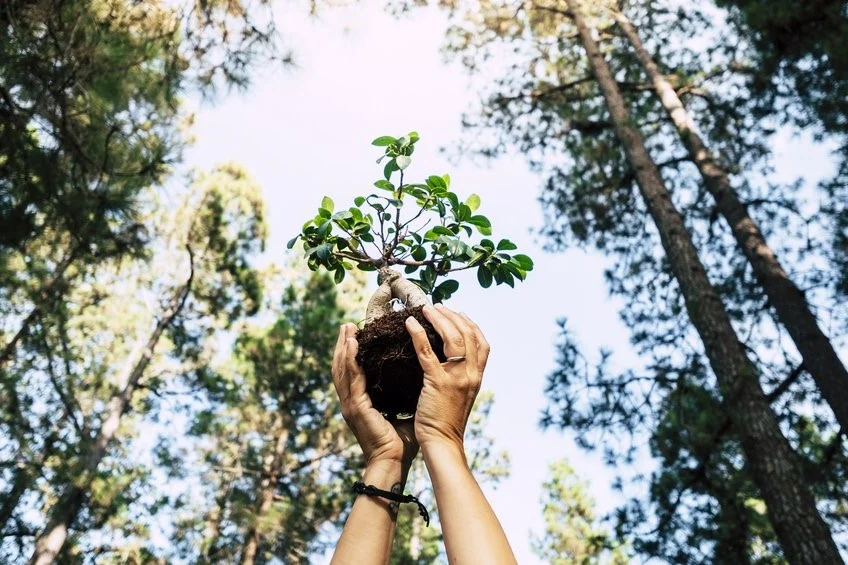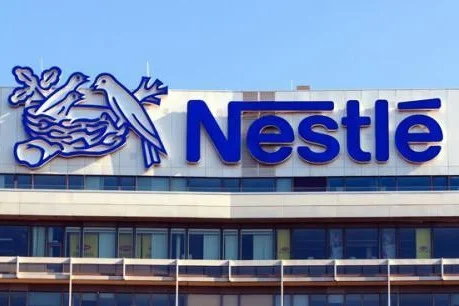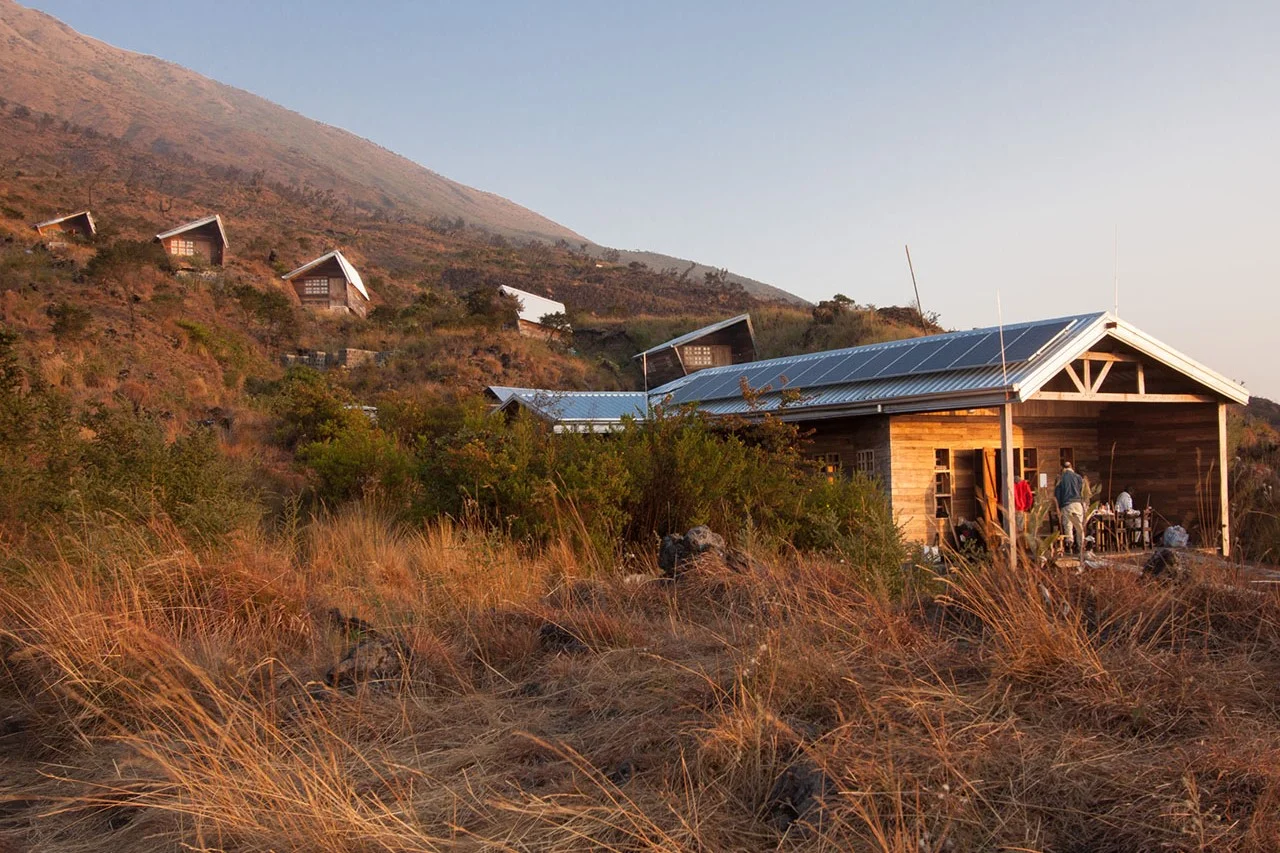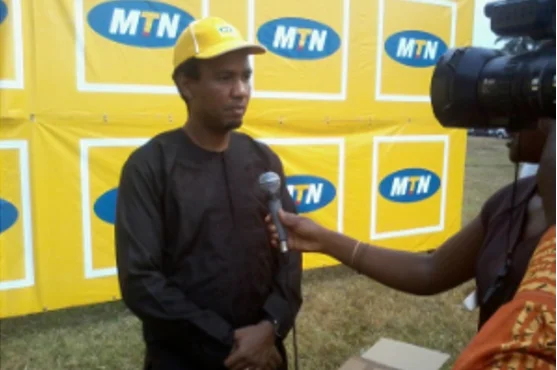WEEECAM: building a sustainable WEEE recycling sector in Cameroon
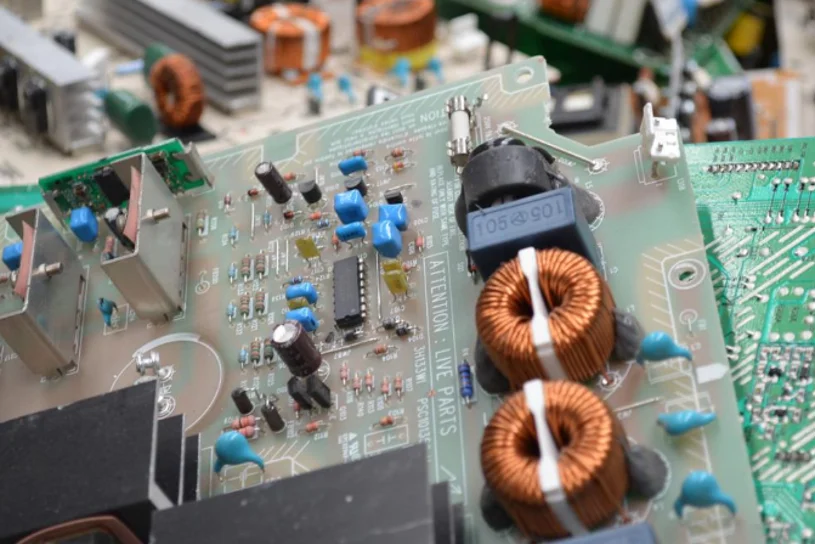
WEEE: from hazards to opportunities
Waste electrical and electronic equipment (WEEE) includes all end-of-life electrical apparatus. These contain toxic substances (such as lead and mercury), but also materials of value.
In the countries of the South, economic and demographic growth is vastly increasing the quantities of WEEE, which are mainly treated by a precarious informal sector in which the workforce and their environment are exposed to serious health hazards.
The Cameroon government introduced specific regulations in 2012. In the same year, two NGOs (Solidarité Technologique and La Guilde) launched a pilot WEEE treatment scheme in Yaoundé. The WEEECAM project both continues and substantially develops this pilot scheme, whose success could become an example for many other developing countries.
WEEECAM: unprecedented innovation
The WEEECAM project is seeking to establish a scheme for WEEE recycling in Cameroon that will be sustainable and reproducible across the whole country. This is a pioneering project in several ways:
- A pilot designed for reproducibility in more than 100 countries thanks to capitalisation handled by a consortium of experts.
- A business model yielding profits as from 2500 t/year, thanks to re-use potential in particular.
- Virtuous cooperation with the informal sector, advantageously replacing the existing destructive competitiveness for vulnerable people.
- Restructuring the national legislative framework to provide for the emergence of an SMI/SME fabric in this new sector.
- Action on climate change and promotion of strategic materials recycling.
- The BRGM is partnering the WEEECAM project by providing support for technology transfers. The project, launched in 2017, will run until 2022.
 Albania
Albania Algeria
Algeria Andorra
Andorra Argentina
Argentina Armenia
Armenia Australia
Australia Austria
Austria Azerbaijan
Azerbaijan Bahrain
Bahrain Belgium
Belgium Bolivia
Bolivia Brazil
Brazil Bulgaria
Bulgaria Cambodia
Cambodia Cameroon
Cameroon Canada
Canada Chad
Chad Chile
Chile China
China Colombia
Colombia Costa Rica
Costa Rica Croatia
Croatia Cyprus
Cyprus Czechia
Czechia Denmark
Denmark Ecuador
Ecuador Egypt
Egypt Finland
Finland France
France Georgia
Georgia Germany
Germany Ghana
Ghana Greece
Greece Hungary
Hungary Iceland
Iceland India
India Indonesia
Indonesia Ireland
Ireland Italy
Italy Jamaica
Jamaica Japan
Japan Jordan
Jordan Kazakhstan
Kazakhstan Kenya
Kenya Kuwait
Kuwait Latvia
Latvia Lebanon
Lebanon Libya
Libya Lithuania
Lithuania Luxembourg
Luxembourg Malaysia
Malaysia Maldives
Maldives Mali
Mali Malta
Malta Mexico
Mexico Moldova
Moldova Monaco
Monaco Morocco
Morocco Netherlands
Netherlands New Zealand
New Zealand Nigeria
Nigeria North Macedonia
North Macedonia Norway
Norway Oman
Oman